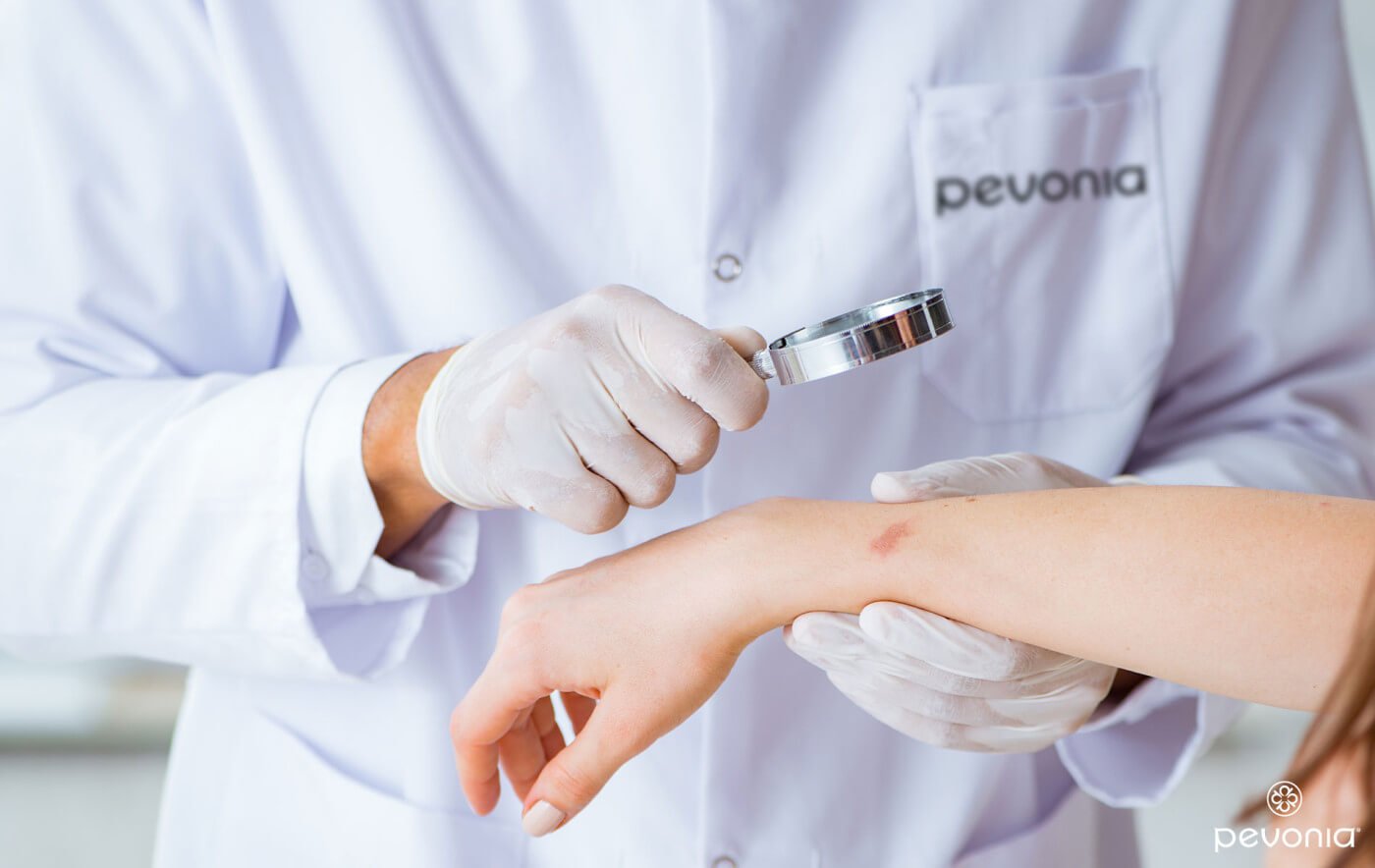
Ask The Doctor
Q: Should I take Collagen supplements? Do they help your skin, and if so, what kind is best?
A: Collagen supplements are controversial. However, they can potentially support skincare if they are of high quality and preferably not from vegetal origin, as those do not tend to be very effective. Marine origin is preferred for ideal compatibility and sustained results. Collagen supplements that are well formulated can be properly digested and broken down into peptides and amino acids. I usually recommend hydrolyzed versions containing types I and III for proper skin support. But natural gelatin is also an excellent alternative for collagen support. Remember that any ingested ingredients must go through many bodily metabolic processes before they can reach and support the skin vs. topically applied hydrolyzed collagen that goes right to the source.
Q: Do I really need blue light protection?
A: Blue light, or HEVL, is a natural part of the sunlight spectrum and is unavoidable in normal conditions. However, the last few decades have shown increased exposure due to the blue light emissions from electronic screens in modern devices: smartphones, computers, TVs, etc. Some studies have demonstrated impairment of the mitochondrial activity of skin cells, DNA damage, accelerated skin aging, discoloration, photoaging, and barrier damage, and harm to the eyes and vision itself. They can also cause sleep pattern disorders which impact total wellness.
Therefore, it is advised that additional blue light exposure be reduced by limiting the time of exposure, use of filters and protective eyewear, and for the skin, use of ingredients that can screen and repair skin injury. This can be achieved by enhancing the formulation of sunscreens and other skin care products. Pevonia uses proven effective Withania Somnifera in its newest broader protection sunscreen to repair pre-existing damage to mitochondrial activity and prevent further deterioration of cellular functions for healthier skin.
Q: How can I address age spots? What are they, their causes, and ways to treat and prevent future damage?
A: Age spots are discolored areas of the skin that result from a combination of factors such as aging, melanin pigment accumulation due to exposure to UV rays, accumulation of oxidized byproducts of cellular metabolism, inflammation, etc. Some age spots are hyperpigmented (darker areas), while others are hypopigmented (lighter areas). Esthetic treatments mostly revolve around hyperpigmented areas. Addressing existing age spots may require long-term use of professional and self-care products that target melanin pigment formation (due to tyrosinase action) and accumulation throughout the different layers of the skin, plus protect and deeply moisturize to help prevent future discolorations. Typically, Glycolic, Lactic, and Salicylic Acids are preferred choices for exfoliation and melanin targeting, but there are many other natural skin care ingredients that can support skin depigmentation.
A skin care professional must analyze the skin properly, assess the spot location and depth, and decide whether they can be easily managed or referred to a dermatologist for advanced treatments like lasers, IPL, cryotherapy, microneedling, etc. Skin therapists may offer treatment packages with exfoliation options plus tyrosinase inhibitors such as peels, microdermabrasion, lightening masks, etc., and support with self-care products that contain ingredients that will consistently help lighten and protect the skin for visible results.
One caveat: Depigmenting treatments for age spots tend to be slow, and patience and consistency are crucial for obtaining satisfactory results. Also, during professional and self-care treatments, a daily, high-quality sunscreen must always be used to avoid the quick rebound of unsightly pigmentation. Pevonia offers different professional peel options and home care support, like the Lumafirm® line, Micro-Retinol® line, and Resurfacing Glycocides® Cream to address age spots.
